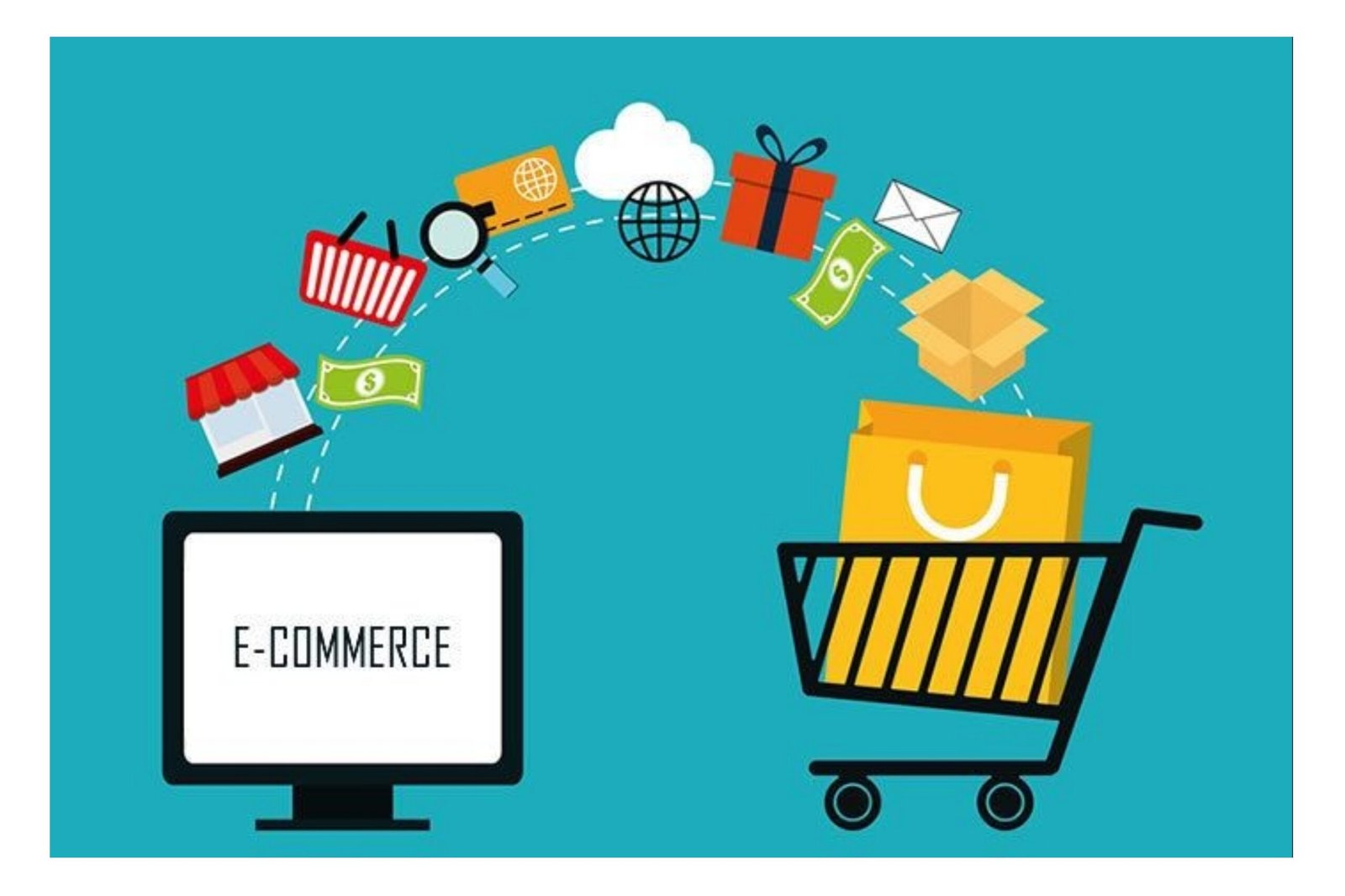E-commerce websites have revolutionized the way we shop, making it more convenient than ever to find, compare, and purchase products. From daily essentials to luxury goods, these platforms have become a cornerstone of modern consumer behavior.
In this post, we’ll delve into the top 10 e-commerce websites that have shaped the online shopping industry. Whether you’re seeking the unparalleled variety of Amazon or the personalized touch of Etsy, these platforms exemplify the best in e-commerce. Let’s explore their unique features, global impact, and contributions to the evolution of online retail.
10. Zalando
- Overview: Zalando leads the European e-commerce fashion market, combining style with sustainability.
- Key Features: Comprehensive apparel selection, AI-driven recommendations, and a commitment to eco-friendly initiatives.
- Growth: Its focus on innovation and customer satisfaction positions it as a leader in online fashion retail.
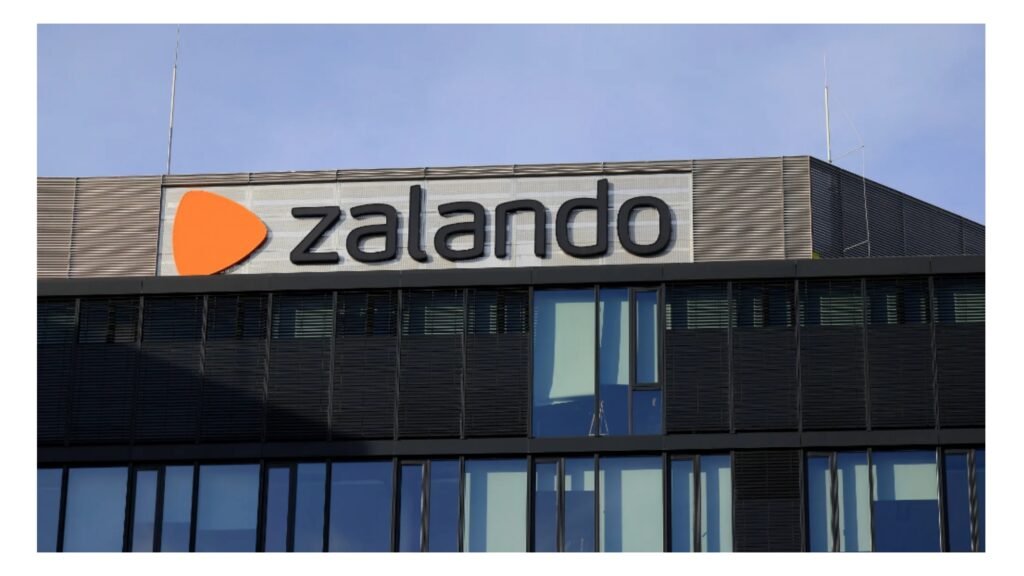
9. Rakuten
- Overview: Rakuten is Japan’s premier e-commerce platform, renowned for its diverse offerings and focus on customer loyalty.
- Key Features: Cashback rewards, extensive product categories, and continuous international expansion.
- USP: A strong rewards program that incentivizes repeat purchases and customer loyalty.

8. Target
- Overview: Target’s e-commerce website complements its physical stores, offering a modern and seamless shopping experience.
- Key Features: Same-day delivery, curbside pickup, and exclusive collaborations with designers and brands.
- Specialty: Focuses on affordable luxury, combining quality and style at accessible prices.
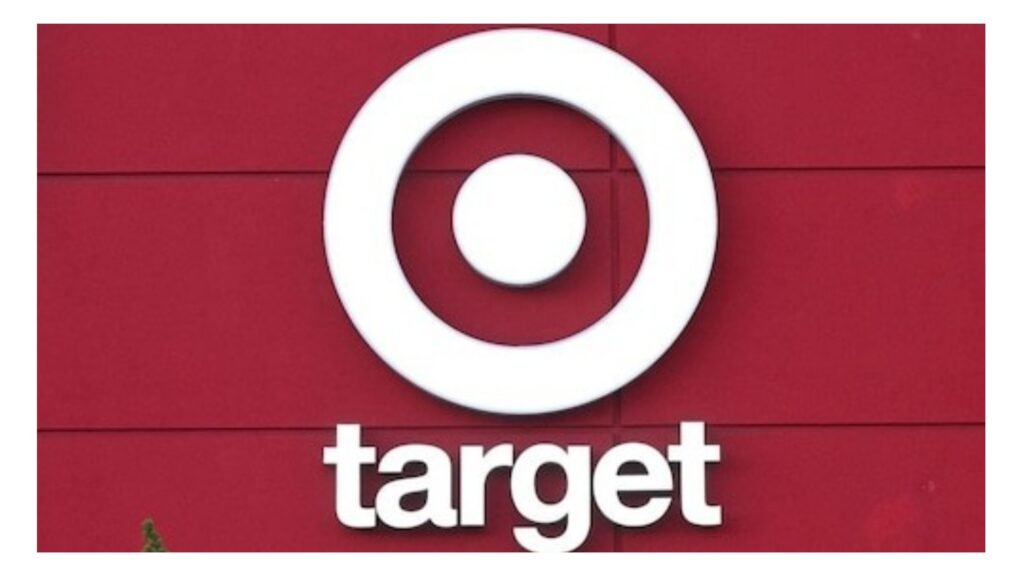
7. Etsy
- Overview: Etsy is a haven for artisans and small businesses, offering a platform for unique, handcrafted, and vintage products.
- Key Features: Emphasis on personalization, sustainable practices, and fostering a strong community of creators.
- Popular Categories: Jewelry, home décor, art, and custom gifts.
6. Flipkart
- Overview: Flipkart dominates the Indian e-commerce market with its deep understanding of local consumer behavior and competitive pricing.
- Key Features: Support for regional languages, massive sales events like Big Billion Days, and partnerships with small and medium enterprises.
- Amazon Rivalry: Flipkart’s innovative approach makes it a strong contender against Amazon in India.

5. Shopify
- Overview: Shopify empowers businesses of all sizes by offering tools to create and manage their own e-commerce websites.
- Key Features: User-friendly interface, scalability, integrations with popular dropshipping services, and extensive customization options.
- Success Stories: Brands like Gymshark and Kylie Cosmetics are testaments to Shopify’s effectiveness in building global e-commerce brands.
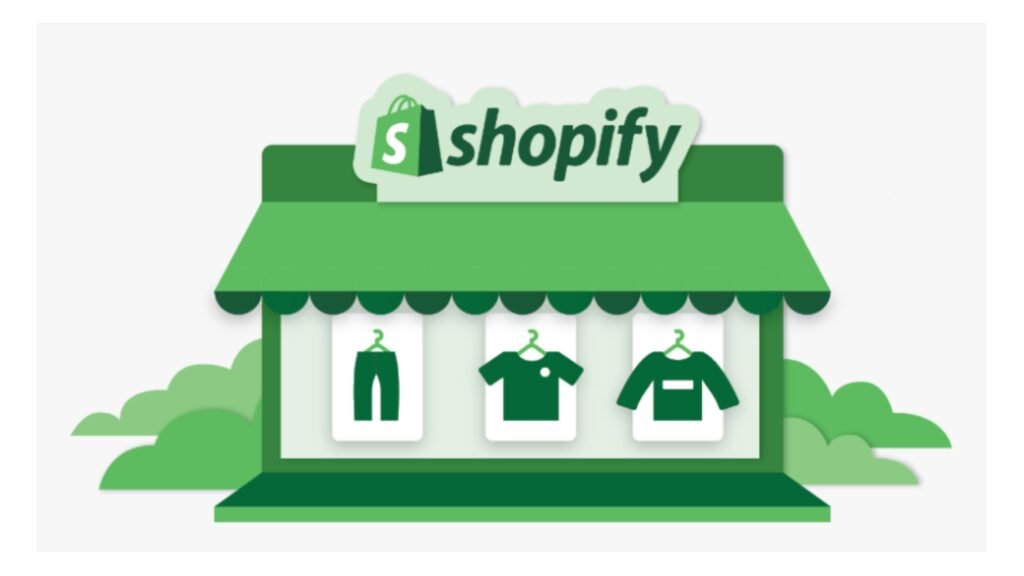
4. Alibaba
- Overview: Alibaba is the titan of the Chinese e-commerce landscape, excelling in both B2B and retail commerce through platforms like Taobao and Tmall.
- Key Features: Exceptional product variety, competitive pricing, and robust support for wholesale transactions.
- Strength: Acts as a bridge between global manufacturers and businesses, fostering cross-border trade.
Top 10 Trending Cybersecurity Tools You Need to Know
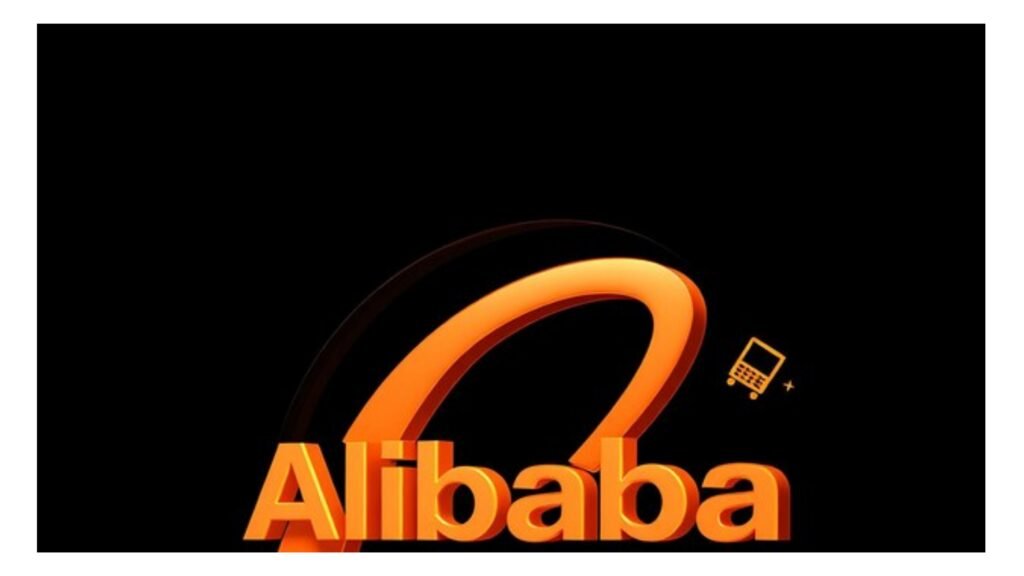
3. Walmart
- Overview: Walmart’s successful transition from physical stores to e-commerce highlights its adaptability and commitment to meeting consumer needs.
- Key Features: Competitive pricing, expansive grocery delivery options, and seamless in-store pickup services.
- Expansion: Walmart+ brings added convenience and perks, challenging Amazon Prime in the U.S. market.

2. eBay
- Overview: Launched in 1995, eBay introduced online auctions to the world, becoming a go-to platform for both buyers and sellers.
- Key Features: Auctions, fixed-price sales, and a diverse catalog that includes rare and collectible items.
- USP: Offers unique opportunities for C2C transactions and access to hard-to-find products.
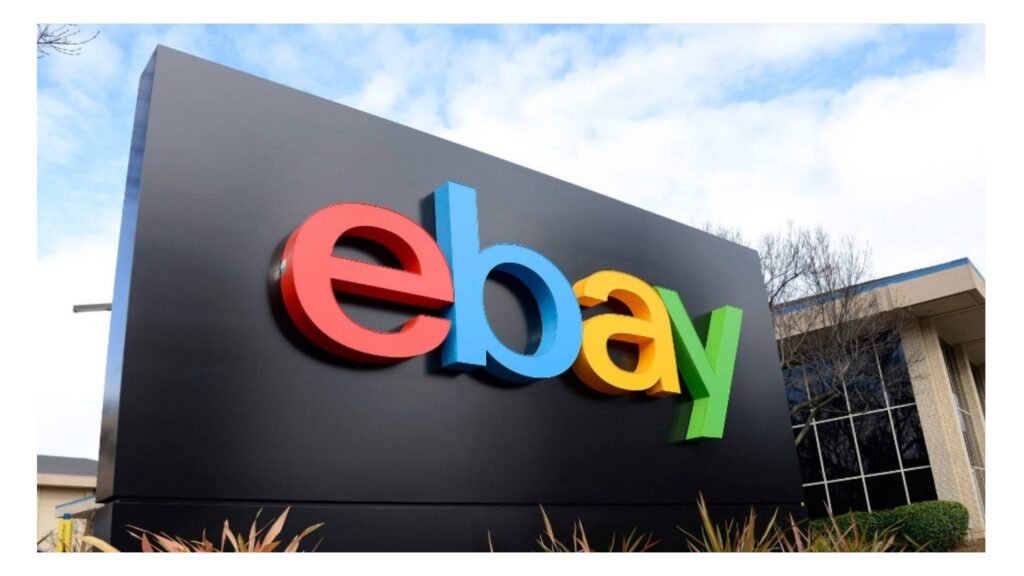
1. Amazon
- Overview: Amazon, founded in 1994, has evolved from a humble online bookstore into the world’s largest e-commerce website. It embodies innovation and customer-centricity, continuously setting new standards in the industry.
- Key Features: Extensive product range, lightning-fast delivery with Amazon Prime, AI-driven personalized recommendations, and an intuitive interface.
Global Reach: Operates in multiple countries with localized versions tailored to regional preferences and markets.
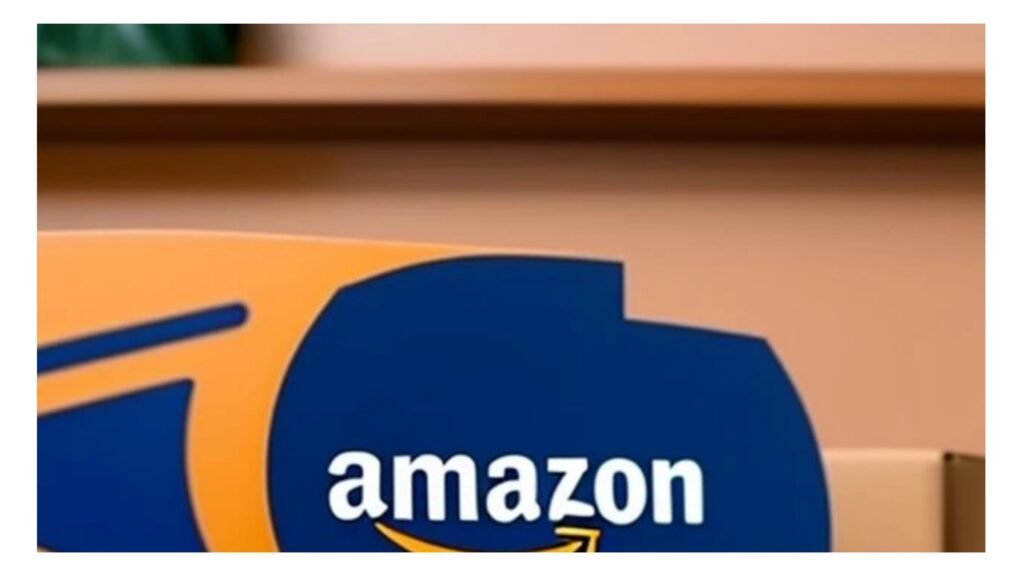
Comparative Table
| Website | Key Features | USP | Global Reach |
| Amazon | Fast delivery, vast inventory | Prime benefits | Worldwide |
| eBay | Auctions, rare items | C2C sales | Worldwide |
| Walmart | Grocery delivery, in-store pickup | Affordable pricing | Mainly USA |
| Alibaba | Wholesale, massive variety | B2B focus | Mainly Asia |
| Shopify | Easy store creation | Empowering entrepreneurs | Worldwide |
| Flipkart | Big Billion Days, local focus | Indian market expertise | India |
| Etsy | Handcrafted, personalized, goods | Artisan-focused marketplace | Worldwide |
| Target | Curbside pickup, exclusives | Trend-driven affordability | USA |
| Rakuten | Cashback rewards | Loyalty programs | Japan, Global |
| Zalando | Sustainable fashion | Eoropean Fashion Leader | Europe |
Future of E-Commerce
- Emerging Trends: Augmented reality (AR) for virtual try-ons, AI-driven recommendations, blockchain for secure payments, and sustainability initiatives are shaping the future of e-commerce websites.
- Predictions: Industry leaders like Amazon and Alibaba will likely maintain their dominance, while niche platforms like Etsy and Shopify will continue to grow by serving unique customer needs.
Conclusion
E-commerce websites have reshaped global retail, making shopping more accessible, convenient, and tailored to individual preferences. The top 10 platforms discussed here highlight the diversity and innovation driving the industry. From the global reach of Amazon to the unique offerings of Etsy, each e-commerce website has its own strengths. As technology evolves, these platforms will continue to redefine how we shop. Which e-commerce website do you rely on the most? Share your favorite platform and experiences in the comments below!
FAQs
Q1. What is the most popular e-commerce website in the world?
A1. Amazon is currently the most popular e-commerce website globally due to its vast inventory, quick delivery services, and user-friendly platform.
Q2. How does eBay differ from other e-commerce websites?
A2. eBay stands out with its unique auction system, allowing users to bid on items, making it an excellent platform for purchasing rare and collectible products.
Q3. Which e-commerce platform is best for small businesses?
A3. Shopify is ideal for small businesses, offering customizable tools to create and manage online stores with ease.
Q4. What makes Etsy unique among e-commerce websites?
A4. Etsy focuses on handmade, vintage, and personalized products, catering to a community of artisans and small-scale creators.
Q5. How is sustainability influencing the e-commerce industry?
A5. Platforms like Zalando are leading the way by integrating eco-friendly practices, reflecting a growing demand for sustainable shopping options.

